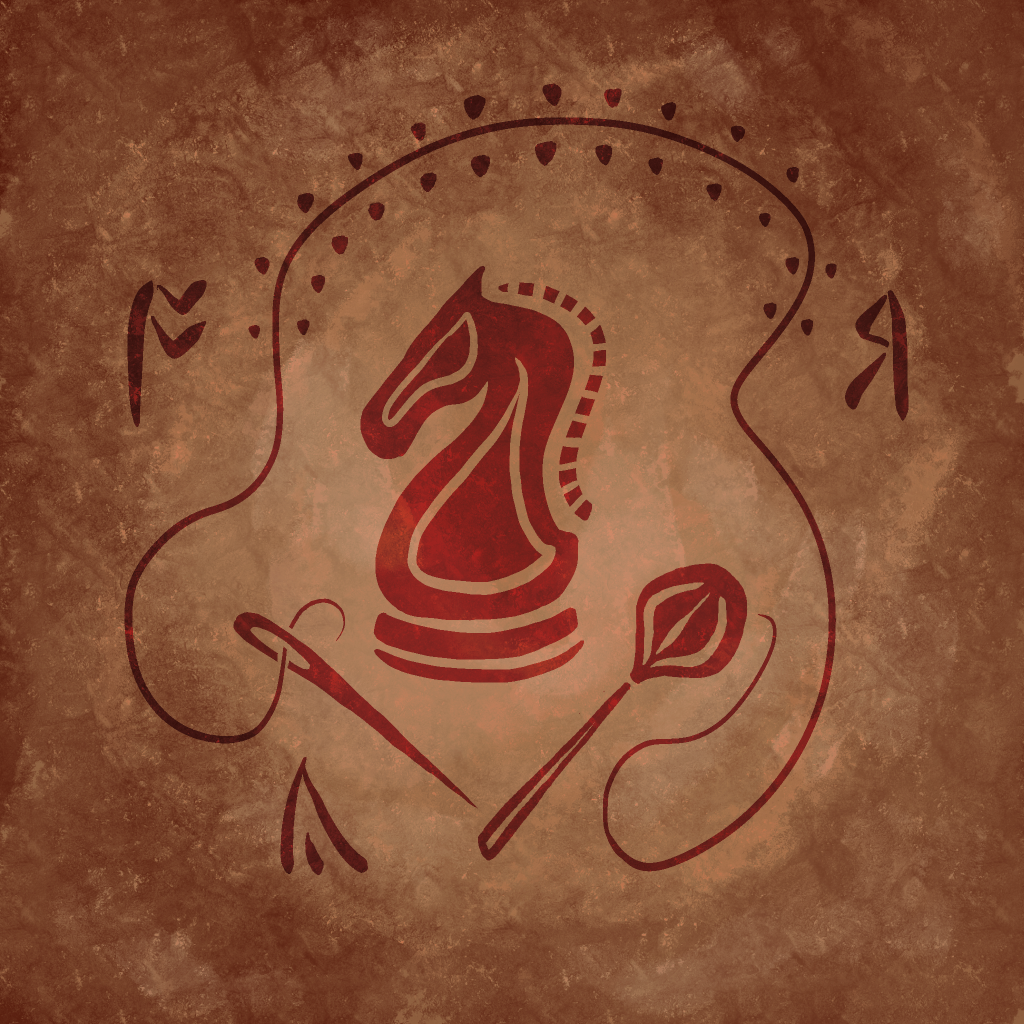
The Old English counterpart of Snotra. In the Prose Edda, Snotra is listed as a Goddess who is wise and courteous [1].
Snotra, an Old Norse word meaning clever or wise, has a relative in OE: snotor, meaning “prudent, wise, sagacious” [2]. This was a natural choice for an OE theonym.
Personal experiences and reflections
Along with Wær, Snotor is one of two Goddesses within the Twelve linked strongly with wisdom. From the meaning of Her name in OE, and Her description in the Prose Edda, we also infer that Her wisdom is accompanied by prudence and courtesy.
Through contemplation, divination, and devotion, I have come to understand Snotor as a patron of the sort of wisdom that relates most closely to the practical and the experiential. For Her true wisdom is the understanding of right action and right relationship. What good are intellectual exercises if they do not teach you how to be a better person, how to build community, how to act in difficult situations? What good is academic rigour if you cannot judge when to adjust and compromise with the world-as-it-is?
What does it mean to consider courtesy as an aspect of wisdom and learning? Snotor calls attention to the skills needed to weave frith, to communicate, to treat others (and ourselves) well, to resolve disputes and tension. She reminds us to seek to understand others, as fellow humans and fellow wights, and to be humble enough to learn from each other.
Snotor asks us to understand the limits of our own understanding, to question what we have learned and how far theory can take us – and then to dive into those gaps. Hers is the experiential learning of trying things out and failing, and trying again. Of determined and persevering practice. Of apprenticeship at the feet of a master. Of the satisfaction and beauty of gaining a new skill.
One element or mode of learning is play – practicing a skill in a way that is enjoyable and low-stakes, allowing the safety to fail and learn from failure. This is how we learn as small children, the stage of life when we learn at the fastest rate [3]. To me, Snotor brings a playfulness, a light-heartedness to learning. Perhaps we learn best when we don’t take things too seriously, when we wear our wisdom lightly.
Linked to this emphasis on the practical and pragmatic, I also see Her as a Goddess of craftsmanship and artisanal skills. Hers is the joy of making something with your hands, and the appreciation of the time and effort and love that goes into skilled labour. Through practicing a craft, of whatever kind and at whatever level, we learn to solve problems, to trust ourselves and our judgement, and even enter states of flow and moving meditation.
The virtue I consider Snotor to embody is learning – learning that is joyous, learning that is practical, learning that enables us to weave positive wyrd for ourselves and our communities.
I symbolise Snotor with the chess or game piece, the needle and thread, and the chisel.
Epithets
Searu-lic – ingenious, skillful
Snotorscipe – prudence, sagacity
Mǣþ-full-god – courteous, humane God
Cræftigen – craftswoman
Prayer
Hail Snotor,
Most ingenious of Goddesses,
Great in Your wisdom, great in Your craft,
Who teaches prudence and courtesy,
May we learn from Your example,
Uphold right-speech with all our words,
And be blessed with Your insight.
References
- Prose Edda – Gylfaginning, stanza 35
- All Old English taken from the Bosworth-Toller online dictionary.
- See this UNICEF report on the importance of play in early years education.
